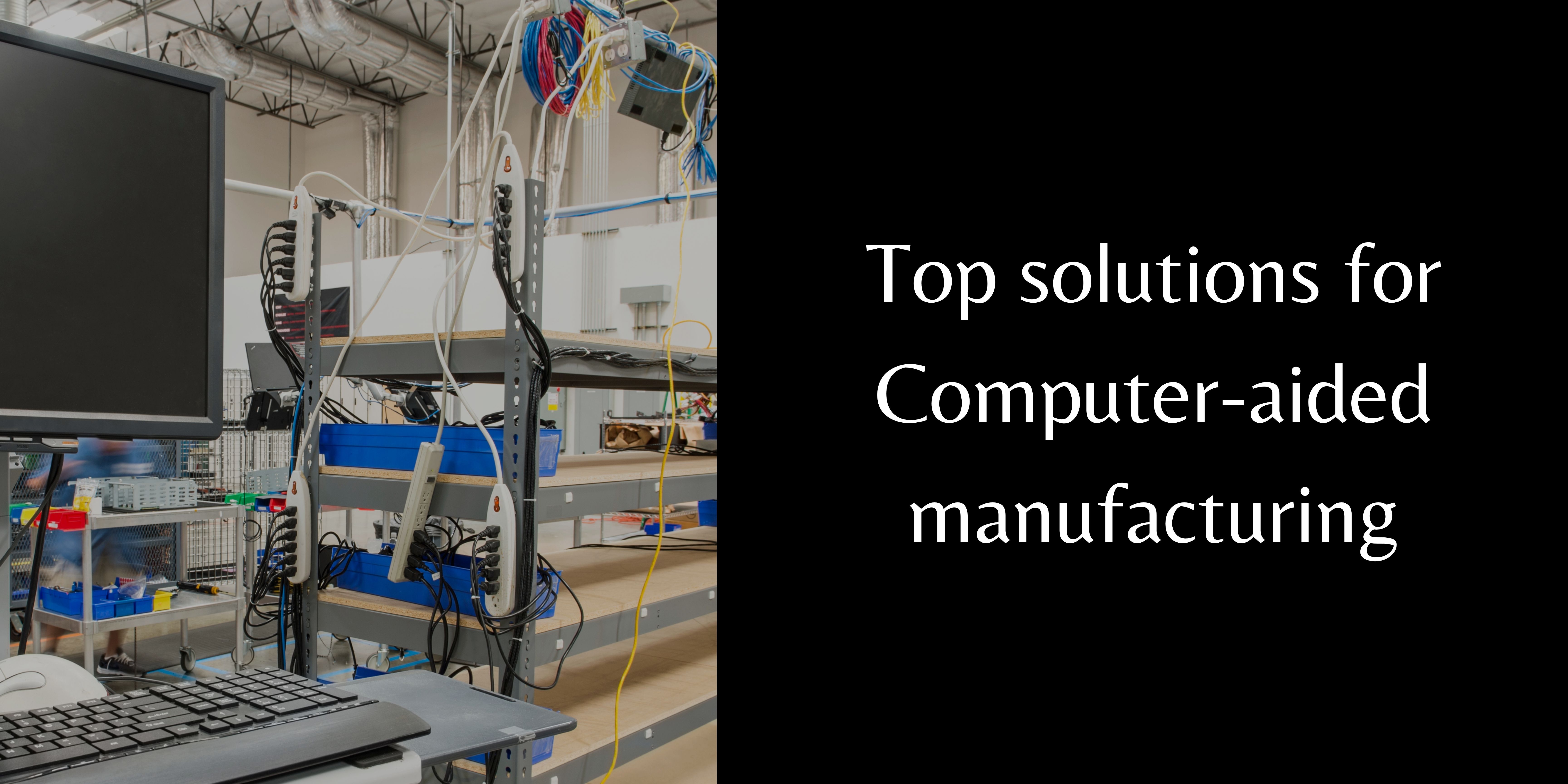Blockchain technology is rapidly emerging as one of the most influential innovations of the decade, revolutionizing various sectors, including the construction industry. With its advanced features like secure recording, enabling, and saving countless unique transactions, blockchain is transforming how projects are managed, ensuring transparency and efficiency across all processes. In an industry where large teams of contractors collaborate and stringent safety standards and building codes are paramount, blockchain’s role is becoming increasingly significant.
Blockchain Technology as a Digital Ledger in Construction
Blockchain technology serves as a digital ledger, offering an immutable and transparent record of all transactions and activities within a construction project. This ensures that every detail is accurately recorded and easily accessible, reducing the likelihood of disputes and enhancing accountability among stakeholders.
- Performance Management: Blockchain facilitates real-time performance tracking, allowing project managers to monitor progress and identify any issues promptly.
- Transparent Communication: The technology ensures that all communications are timely, transparent, and secure, thereby reducing misunderstandings and enhancing collaboration.
- Comprehensive Project Records: Every aspect of a project, from initial planning to final execution, can be recorded and updated in a digital ledger. This ledger can be transferred to the buyer when a project is sold, providing a complete history of the project’s development.

Utilities of Blockchain Technology in Project Management
- Streamlined Workflow Management: Blockchain applications can store and manage all data related to a project, ensuring that workflows are streamlined and all processes are efficiently coordinated.
- Enhanced Tracking of Materials and Compliance: With blockchain, every record of materials used, safety protocols followed, and building codes adhered to can be meticulously tracked. This ensures compliance with industry standards and enhances the quality of the final construction.
- Improved Work Efficiency and Decision-Making: By providing a reliable and accessible data collaboration platform, blockchain empowers project managers and engineers to make informed decisions. This reduces risks and enhances the overall efficiency of the construction process.
- Risk Mitigation: Blockchain’s transparency and secure data management reduce the risks associated with fraud, errors, and disputes, ensuring smoother project execution.
The integration of blockchain into project management systems offers numerous advantages, particularly in the construction industry, where efficiency and accuracy are crucial.
Smart Contracts in Construction:
Blockchain’s role in smart contracts is a game-changer for the construction industry. Smart contracts automatically enforce the terms of agreements once conditions are met, reducing the need for intermediaries and expediting processes like payments, procurement, and milestone approvals.
Blockchain and Regulatory Compliance:
The construction industry is heavily regulated, and maintaining compliance with various standards can be challenging. Blockchain can simplify this by providing an immutable record of compliance with building codes, safety regulations, and environmental standards, making audits and inspections more straightforward.
Cost Efficiency Through Blockchain:
Implementing blockchain can lead to significant cost savings by reducing administrative overhead, minimizing disputes, and preventing delays caused by miscommunication or lack of transparency. This subtopic could discuss how blockchain can streamline operations and lead to more profitable projects.
Future Prospects: Blockchain’s Potential in Construction:
Blockchain promises to transform construction by enhancing transparency and security. With smart contracts, it automates and enforces agreements, reducing disputes. Immutable records improve accountability and prevent fraud, while better supply chain tracking ensures material authenticity. Blockchain is set to drive efficiency and innovation in the industry.
Conclusion:
Blockchain technology is revolutionizing the construction industry by enhancing transparency, improving project management, and ensuring regulatory compliance. To stay competitive in this evolving field, professionals can benefit from specialized training. CADD Centre’s Master Certificate in Architecture Design Training & Certification Course offers the skills needed to integrate cutting-edge technologies like blockchain into your projects, paving the way for a successful career in architecture and construction.
FAQs
What is blockchain technology in construction?
Blockchain technology in construction is a decentralized digital ledger that records transactions and project data in a secure, transparent, and immutable manner, enhancing efficiency and accountability.
How is blockchain and smart contracts revolutionizing the construction industry?
Blockchain’s role in smart contracts is a game-changer for the construction industry. Smart contracts automatically enforce the terms of agreements once conditions are met, reducing the need for intermediaries and expediting processes like payments, procurement, and milestone approvals.
How can blockchain revolutionize supply chain management in construction?
Blockchain can revolutionize supply chain management in construction by providing transparent and traceable records of materials from the supplier to the construction site. This ensures quality control and reduces the risk of counterfeit materials.
How does blockchain improve cost efficiency in construction projects?
Implementing blockchain can lead to significant cost savings by reducing administrative overhead, minimizing disputes, and preventing delays caused by miscommunication or lack of transparency. This subtopic could discuss how blockchain can streamline operations and lead to more profitable projects.
What future developments are anticipated for blockchain in the construction industry?
Future developments include increased adoption of blockchain for various construction processes, advancements in smart contract capabilities, further integration with IoT and AI technologies, and the expansion of blockchain applications to new areas of construction management and operations
How can construction professionals stay updated with blockchain technology?
To stay competitive, professionals can take specialized courses, such as CADD Centre’s Master Certificate in Architecture Design Training & Certification Course, to gain the skills needed to integrate technologies like blockchain into construction projects.




